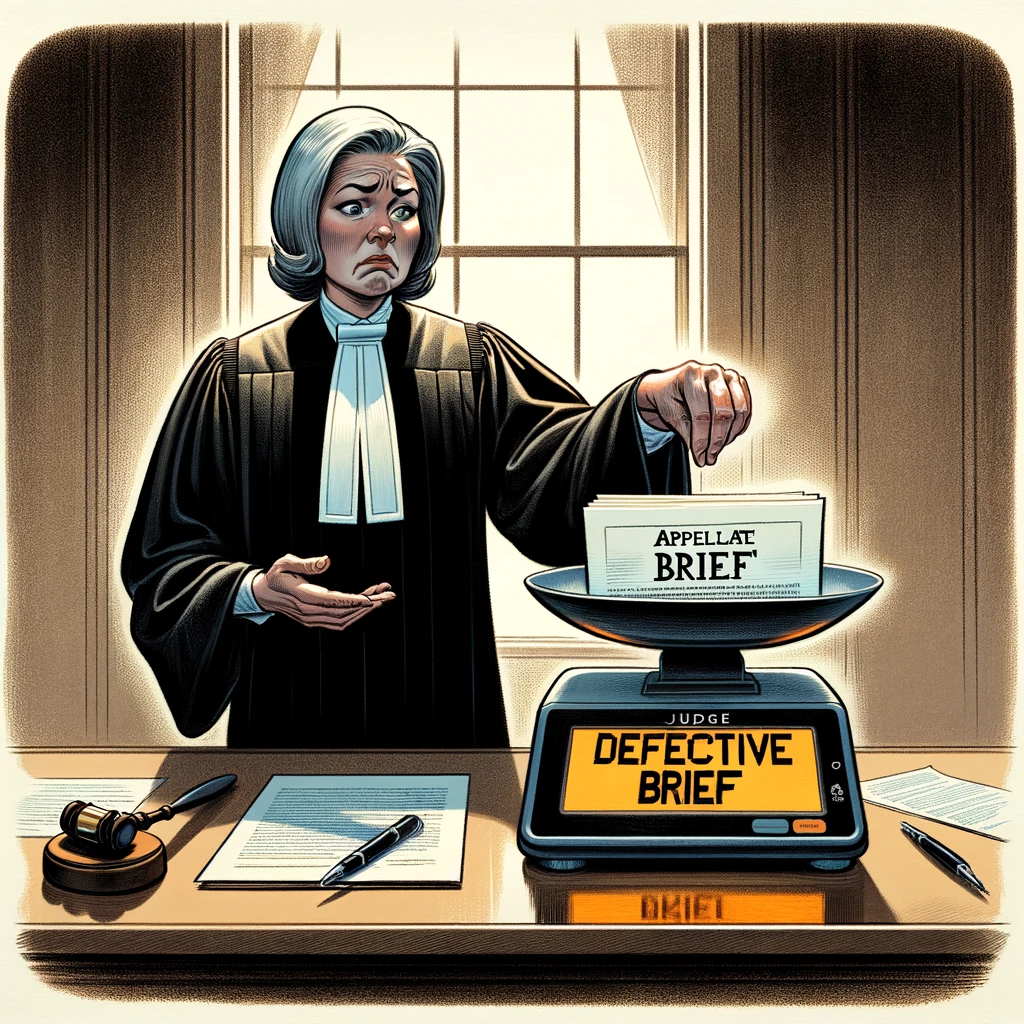
Things are not going great when this is the first line of the court’s opinion in your appeal: “We have the inherent power to dismiss an appeal where it is "based upon wholly sham or frivolous grounds.”” The Second District in Schwartz v. Noya (D2d6 Mar. 20, 2024 No. B329331) [nonpub. opn.] was not happy with how the appellant presented its case, which was all of three pages of briefing that accused the trial judge of “put[ting] on a ‘sham’ trial.” Where was the support for this? The appellant directed, not terribly helpfully, that “The grounds for appeal in this case is in the record.”
Then again, this was an in pro per appellant. The court opted not to dismiss the appeal, but rather to conclude appellant had waived his arguments and to affirm the jury’s verdict.
But counsel in Grant v. City of Long Beach (9th Cir. Mar. 22, 2024, no. 22-56121), should have known better—which perhaps is why the panel published the decision. Counsel in this case misrepresented several cases, and cited two cases that do not exist. The 9th Circuit panel issued a focus letter, asking counsel to address at oral argument the two nonexistent cases. And at argument, the panel asked again about the two nonexistent cases, and to address the fact that the other cases do not apply. Counsel’s response: the nonexistent cases “did not apply.”
This is, says Cory Webster who spotted the case, “[a]n odd way to characterize non-existent cases.”
The panel reminds the bar that “We have discretion to dismiss appeals because of deficiencies in the briefs.” And: "When writing a brief, counsel must provide an argument which must contain 'appellant's contentions and the reasons for them, with citations to the authorities and parts of the record on which the appellant relies.'"
Counsel failed to do that. So the panel concluded “We are therefore compelled to strike Appellants' brief and dismiss the appeal.”
The Grant panel does not indicate counsel misrepresented the record or otherwise failed to present cogent arguments to support the appeal—just that the arguments were not supported by caselaw that faithfully supported the propositions. Counsel did indicate this was her “first time ever filing a brief with the 9th Circuit,” and she also indicated she worked hard to address other deficiencies in the brief while ill. The opening brief, true to the panel’s decision, is stricken from the record and unavailable. But judging by the appellee’s brief, the opening brief presented the issues clearly enough for the appellee to address them on the merits.
The panel was obviously sending a message here: do not misrepresent cases. The arguments might possibly have been meritorious (no way of knowing now). But misstating the law can get your appeal tossed.
And if the panel directs you to explain why you’ve cited cases that do not exist, be ready with a better explanation than “they don’t apply.”